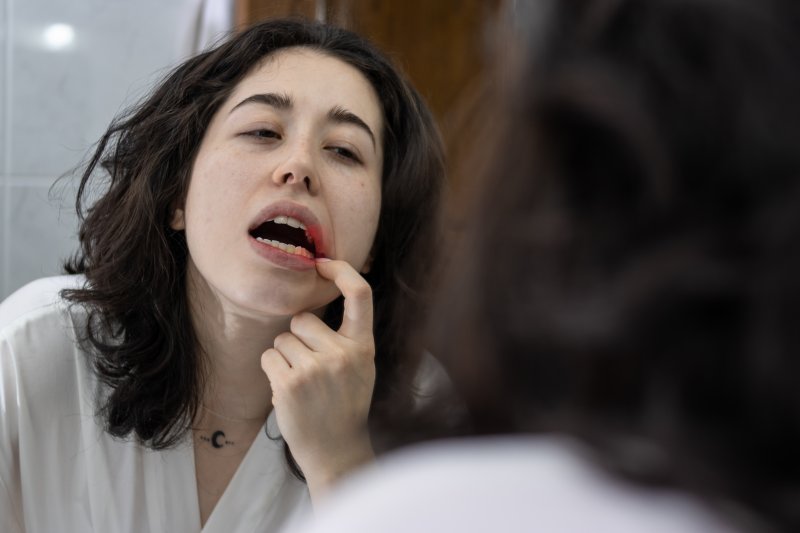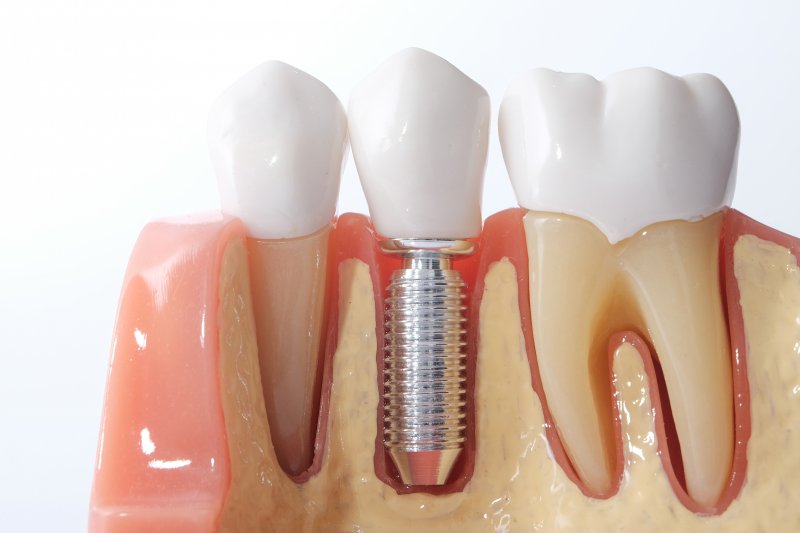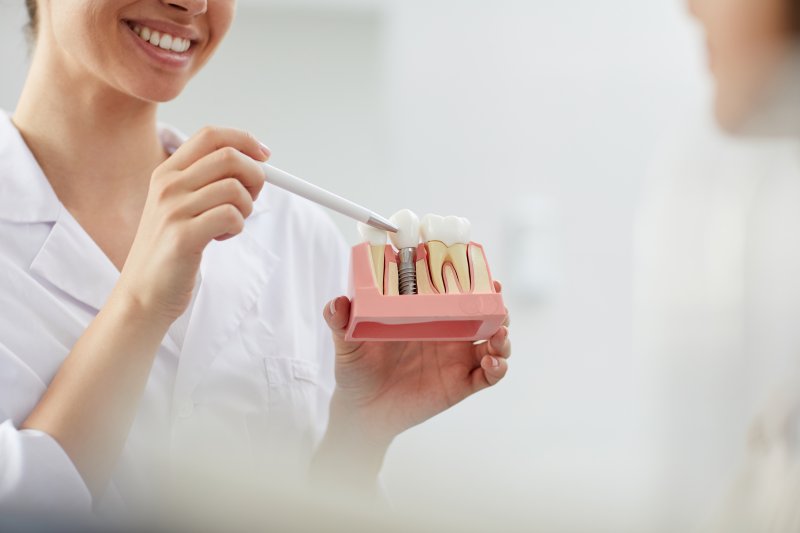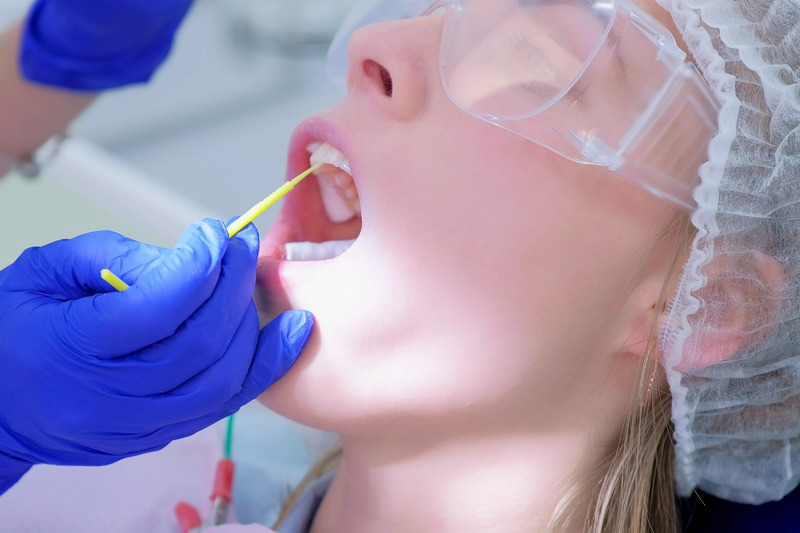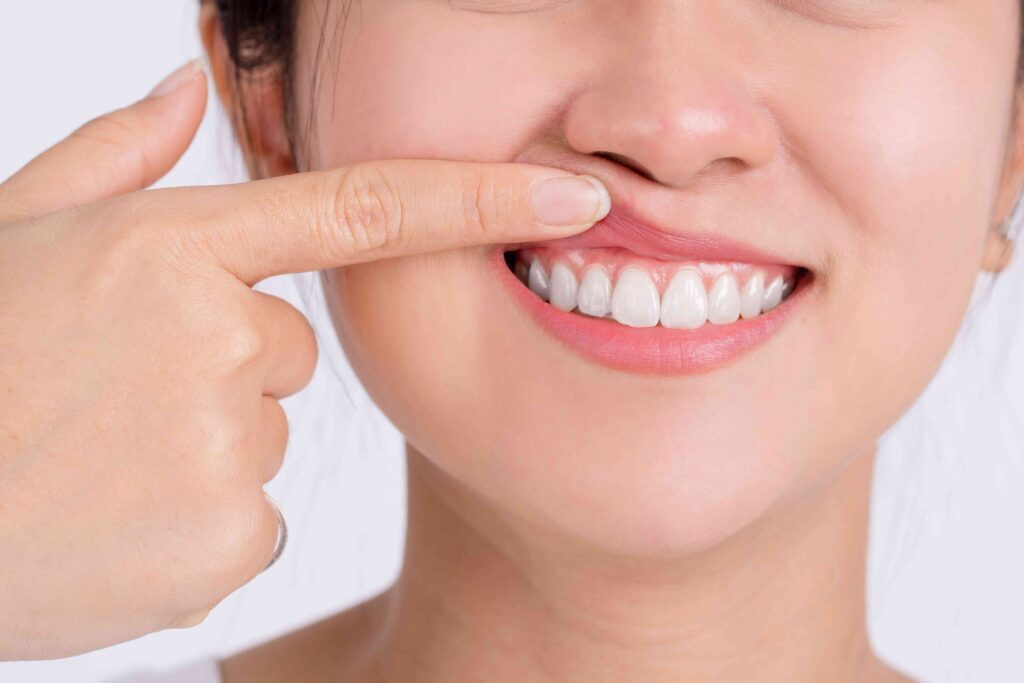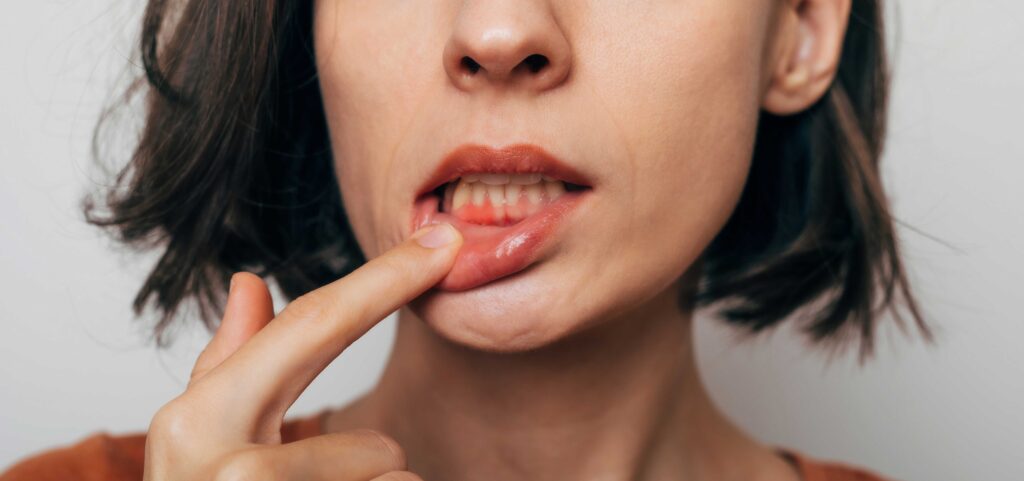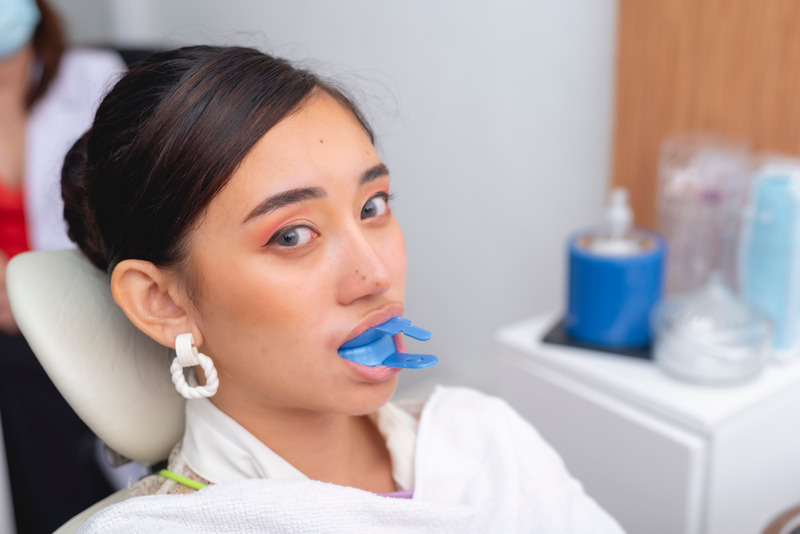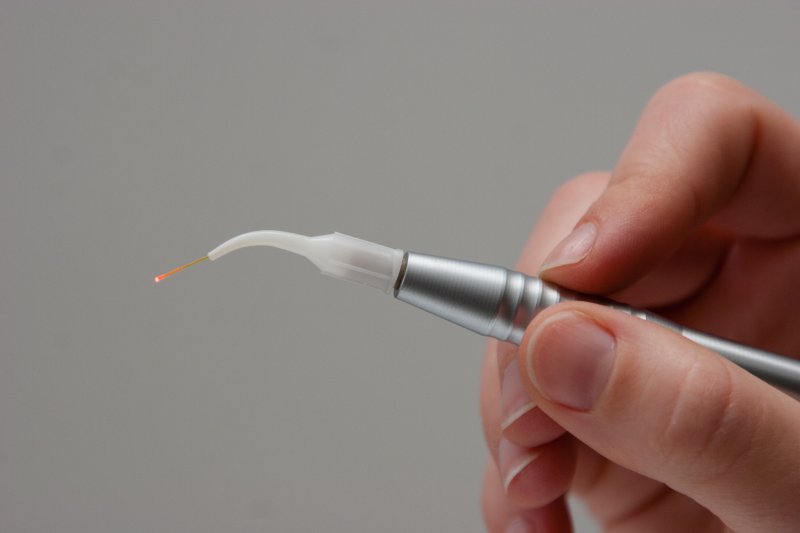
Gum disease sounds scary, and in its advanced stages, it can be. But treatment has come a long way from the days of massages and herbal poultices. One of the most exciting developments? Dental lasers. These high-tech tools make treating gum disease faster, more comfortable, and more precise than ever before. If you’ve been told you need gum treatment, don’t panic. Keep reading to learn how lasers are changing the game for the better.
(more…)
